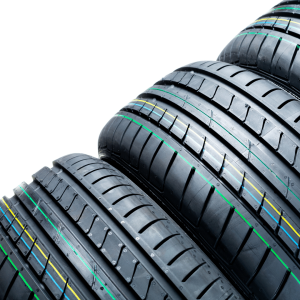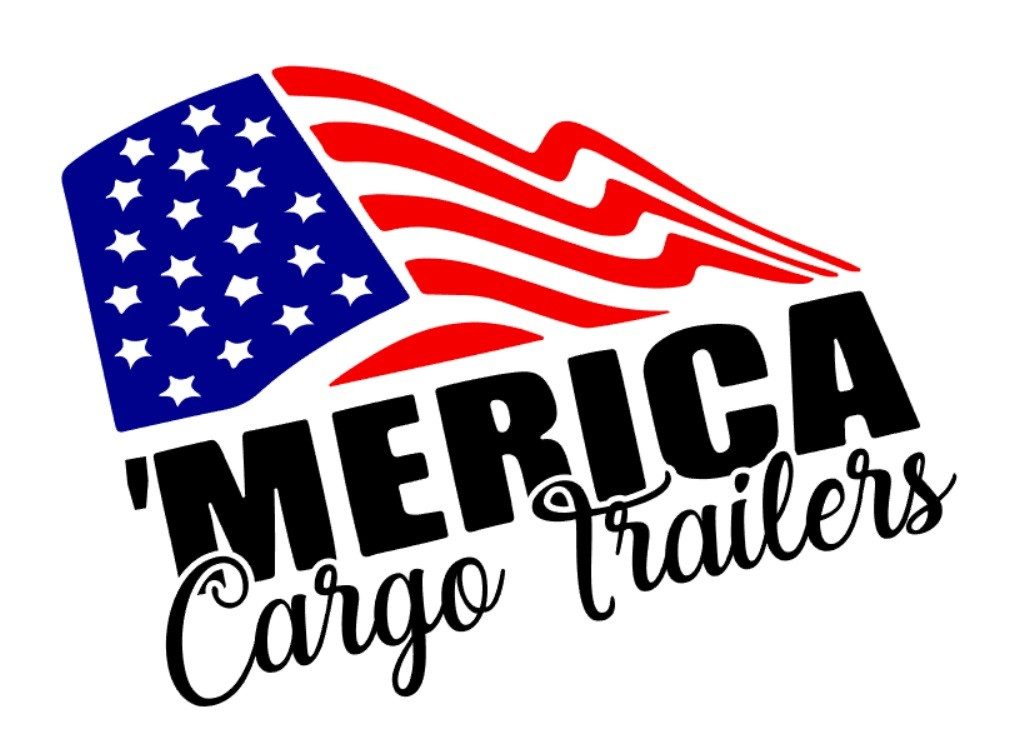Essential Replacement Parts You Need for Your Trailer: Keeping Your Hauler in Top Shape
A well-maintained trailer is key to safe and efficient hauling, whether you’re transporting goods, and equipment, or embarking on a camping adventure. Over time, certain parts of your trailer may experience wear and tear, necessitating replacement to ensure optimal performance and safety. In this blog, the experts at Merica Cargo Trailers will help you explore the essential replacement parts you need to keep your trailer in top shape.

1. Trailer Tires and Wheels
Tires and wheels are among the most critical components of your trailer. Regularly inspect them for signs of wear, cracks, or uneven tread wear. If you notice any issues, replace them promptly to prevent blowouts or accidents. Make sure to have a spare tire on hand, along with the necessary tools to change a tire if needed.
2. Trailer Bearings
Wheel bearings allow your trailer’s wheels to rotate smoothly. Regular greasing and maintenance are essential to prevent overheating and premature wear. If you notice any unusual noise or play in the wheels, it’s time to replace the bearings.
3. Trailer Lights and Wiring
Functional lighting is crucial for safety on the road. Regularly check your trailer’s brake lights, turn signals, and running lights. Replace any burnt-out bulbs or damaged wiring to ensure visibility to other drivers and compliance with traffic regulations.
4. Brake Components
Brakes are critical for safe towing, especially when hauling heavy loads. Regularly inspect and maintain your trailer’s brake components, including brake pads, brake drums, and brake lines. Replace any worn or damaged parts to ensure reliable stopping power.
5. Trailer Hitch and Coupler
The hitch and coupler are responsible for securely attaching your trailer to your towing vehicle. Inspect these components for signs of wear, rust, or damage. If you notice any issues, replace them promptly to prevent accidents and detachment while on the road.
6. Safety Chains
Safety chains provide an extra layer of security in case the trailer becomes disconnected from the towing vehicle. Make sure the safety chains are in good condition and properly connected. Replace any damaged or worn chains to ensure their effectiveness in an emergency.
7. Trailer Jack
The trailer jack is essential for raising and lowering your trailer when attaching or detaching it from the towing vehicle. Inspect the jack’s gears, handle, and welds for any signs of wear. If the jack becomes difficult to operate or shows signs of damage, consider replacing it.
8. Trailer Suspension Components
Suspension components, including leaf springs and shocks, contribute to a smoother ride and better control of your trailer. Regularly inspect these parts for signs of wear or damage. If your trailer’s suspension isn’t performing as it should, replacing these components can improve the towing experience.
9. Trailer Flooring
If you have an enclosed or utility trailer, the flooring is crucial for protecting your cargo. Inspect the flooring for rot, cracks, or warping. Damaged flooring can compromise the structural integrity of the trailer and may require replacement.
10. Fenders and Exterior Panels
For enclosed trailers, the exterior panels and fenders help protect your cargo from the elements. If you notice rust, dents, or other damage, consider replacing these panels to maintain the trailer’s appearance and functionality.
11. Reflectors and Reflective Tape
Reflectors and reflective tape improve visibility and safety, especially during nighttime towing. Ensure that all reflectors are clean and intact. If they’re faded or damaged, consider replacing them for better visibility on the road.
12. Trailer Seals and Gaskets
Seals and gaskets play a role in preventing water and debris from entering your trailer, especially in enclosed models. Regularly check for signs of deterioration or leaks. If you notice any issues, replace the seals or gaskets to maintain a watertight interior.
13. Latches, Locks, and Hardware
Latches, locks, and other hardware contribute to the security and functionality of your trailer. Inspect them regularly and replace any components that are worn or malfunctioning.
14. Trailer Axles
Axles are critical for load distribution and stability. If you notice uneven tire wear, excessive vibration, or other handling issues, the axles might be compromised. Consider professional inspection and replacement if needed.
15. Decals and Graphics
While not essential for functionality, replacing faded or damaged decals and graphics can enhance the appearance of your trailer.
16. Battery and Breakaway Kit
If your trailer is equipped with a battery and breakaway kit, ensure they’re in working condition. Replace the battery if it’s no longer holding a charge, and test the breakaway kit to confirm its functionality.
17. Owner’s Manual and Documentation
While not a physical replacement part, having the owner’s manual and documentation for your trailer is essential. It provides guidance on maintenance schedules, towing capacities, and safety procedures.
Proper maintenance and timely replacement of essential trailer parts are key to enjoying a safe and trouble-free towing experience. Regular inspections, routine maintenance, and addressing issues promptly will help you keep your trailer in optimal condition for years of reliable use. Remember, a well-maintained trailer not only enhances your safety but also ensures the protection of your valuable cargo. For more information, read articles by the Georgia DOT.
